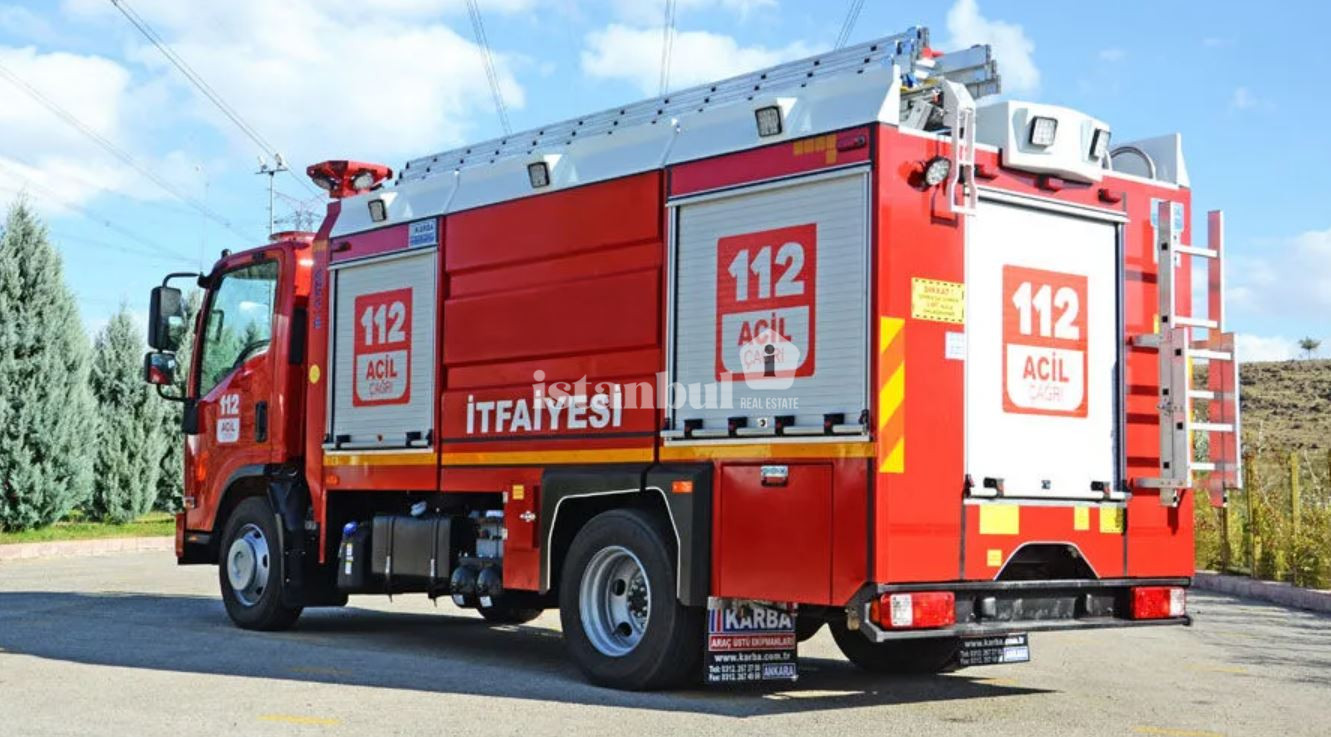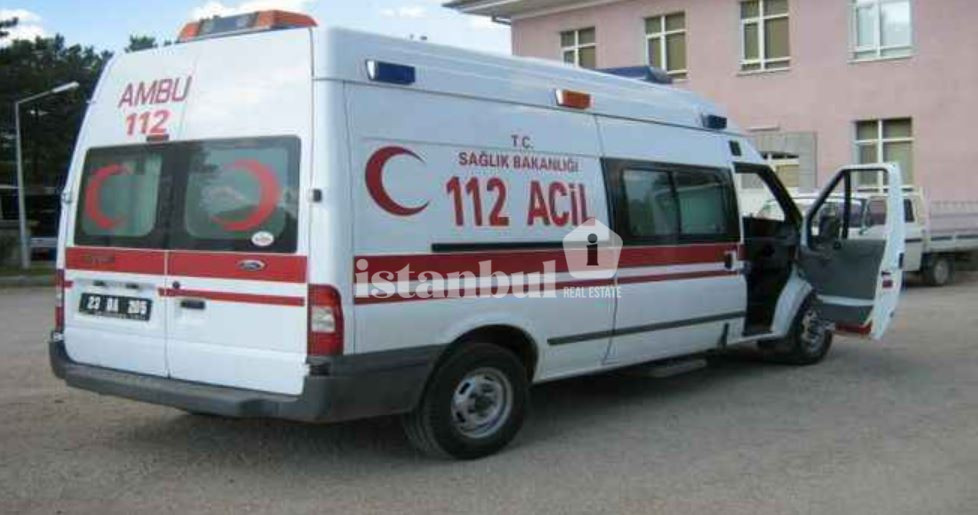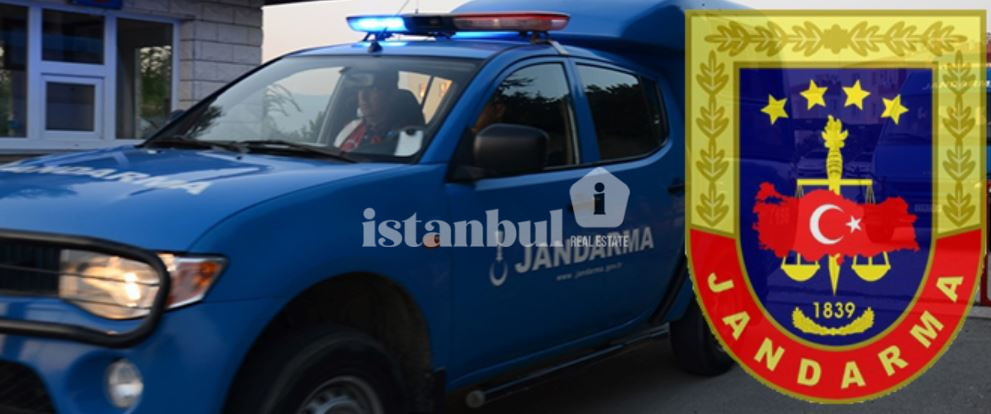
- 9 November 2024
Essential Emergency Numbers in Turkey and When to Use Them
Essential Emergency Numbers in Turkey and When to Use Them
In Turkey, emergencies are managed by a variety of specialized departments to ensure quick, effective responses tailored to the type of crisis. Knowing which number to call in each situation can save time and lives. Here’s a detailed guide to Turkey’s main emergency numbers, what each service offers, and when you should use them.
General Tips for Using Emergency Numbers in Turkey
- Describe Your Location Clearly: Turkey has diverse landscapes, from mountains to crowded city streets. Use landmarks, street names, or GPS coordinates to help responders locate you faster.
- Speak Slowly and Calmly: Even in urgent situations, speaking clearly ensures that operators understand the details. If Turkish is not your first language, stick to basic terms or have someone who speaks Turkish assist you.
- Store Emergency Numbers: Save these numbers in your phone and write them down somewhere accessible, especially when traveling to rural or remote areas where phone reception may vary.
- Know Your Surroundings: Being familiar with your environment—such as the nearest hospital, police station, or safe exit routes—can help you respond faster in an emergency.
Turkey’s comprehensive emergency services are equipped to handle a wide range of crises, and knowing these numbers can empower you to respond effectively. Whether you’re a resident or visitor, these essential contacts can be invaluable when facing unexpected events.
1. 110 – Fire Department (Yangın İhbar)
- When to Call: For any fire-related emergency, including building fires, car fires, gas explosions, chemical spills, or electrical fires.
- What They Offer: The fire department will dispatch firefighting teams equipped to control and extinguish fires, rescue people or animals trapped, and manage hazardous materials. Turkey’s fire brigades are well-trained for both urban and rural fire situations.
- Additional Information: It’s important to provide as much detail as possible, such as the exact location of the fire, the type of building or structure involved, and any visible threats like gas tanks or potential victims on site.

2. 112 – Emergency Medical Services (Hızır Acil)
- When to Call: For medical emergencies, such as severe injury, heart attacks, strokes, respiratory problems, seizures, or any condition requiring immediate medical assistance.
- What They Offer: Trained paramedics will arrive on-site to provide first aid and transport patients to the nearest hospital. Ambulances are also equipped to stabilize patients during transport.
- Additional Information: Medical operators can provide guidance on basic first aid if immediate assistance is required before help arrives. Non-Turkish speakers may face some language barriers, though basic English support may be available, especially in larger cities.

3. 122 – Disaster and Emergency Management Authority (Alo AFAD)
- When to Call: For major disasters like earthquakes, floods, landslides, wildfires, or other significant natural or man-made events.
- What They Offer: AFAD is responsible for coordinating rescue operations, evacuations, and relief efforts. This includes setting up temporary shelters, distributing food and supplies, and deploying search and rescue teams. AFAD also handles recovery and reconstruction after major disasters.
- Additional Information: AFAD has trained personnel equipped with specialized tools to locate and rescue people trapped in collapsed structures or flooded areas. They coordinate with other emergency services for large-scale crises and can mobilize military support if necessary.
4. 155 – Police Emergency Line (Polis İmdat)
- When to Call: For reporting criminal activities, personal safety threats, suspicious behavior, traffic accidents involving injuries, or disturbances requiring police intervention.
- What They Offer: Police response includes crime scene investigation, traffic control, and public safety enforcement. Officers are trained to handle various incidents, from theft and assault to fraud and vandalism.
- Additional Information: In urban areas, police typically respond quickly. Providing clear details, such as the exact location, suspect descriptions, and any immediate threats, helps dispatchers prioritize calls. They can also coordinate with other agencies if a situation involves multiple departments.

5. 156 – Gendarmerie Emergency Line (Jandarma İmdat)
- When to Call: In rural or mountainous regions outside city limits, where municipal police may not operate. Call the Gendarmerie for emergencies involving crime, personal safety, or traffic incidents in these areas.
- What They Offer: The Gendarmerie is similar to the national police but operates in rural and non-urban regions. They handle law enforcement, traffic control, and search-and-rescue missions, often coordinating with local village guards.
- Additional Information: The Gendarmerie has additional resources for navigating difficult terrain, such as ATVs or horses in remote areas. In tourist areas like mountains or national parks, they’re often the first responders for lost or injured hikers and campers.
6. 177 – Forest Fire Reporting (Orman Yangını İhbar)
- When to Call: For reporting forest fires, signs of smoke in forested areas, or suspicious activities that might lead to forest fires, particularly during the summer or in areas with dry conditions.
- What They Offer: Forest fire services work closely with the fire department and the Gendarmerie to monitor and contain forest fires. Teams use specialized equipment, such as fire-retardant chemicals and water-bombing aircraft.
- Additional Information: Early detection is crucial in preventing the spread of forest fires, especially in Turkey’s Mediterranean and Aegean regions, which are vulnerable to wildfires. Describing the exact location and size of the fire will assist dispatchers in allocating resources effectively. Emergency Numbers in Turkey
7. 158 – Coast Guard Emergency Line (Sahil Güvenlik İhbar)
- When to Call: For emergencies at sea, such as boat accidents, swimmers in distress, illegal activity on the water, oil spills, or sightings of stranded sea animals.
- What They Offer: The Coast Guard responds to marine emergencies along Turkey’s coasts. They provide rescue operations, maritime patrols, and environmental protection, often with vessels, helicopters, and dive teams.
- Additional Information: Coastal areas are frequently patrolled by the Coast Guard, and they are trained for quick rescue and search operations. If possible, provide your exact coordinates and describe the type of vessel or nature of the emergency.
Back to top
